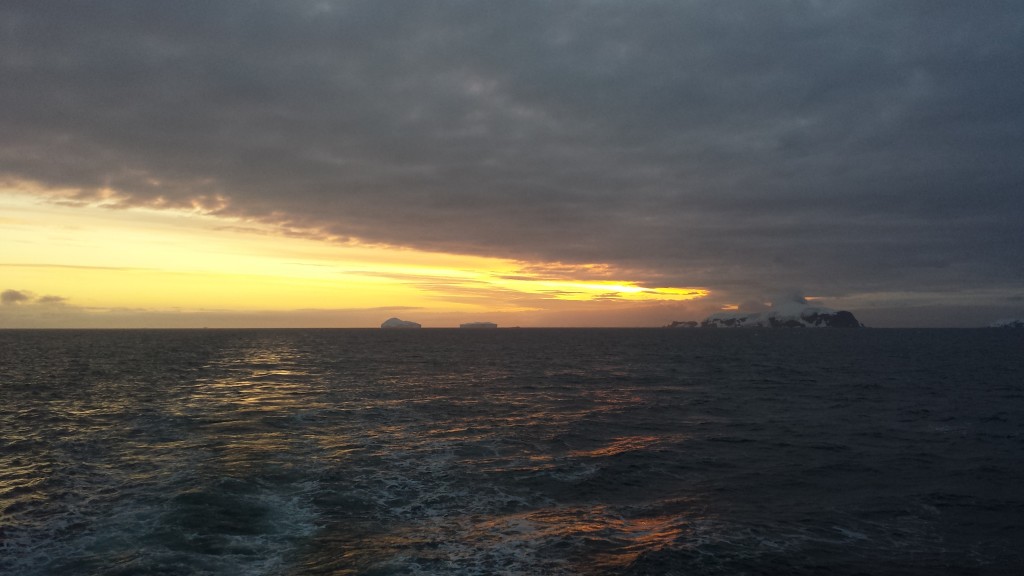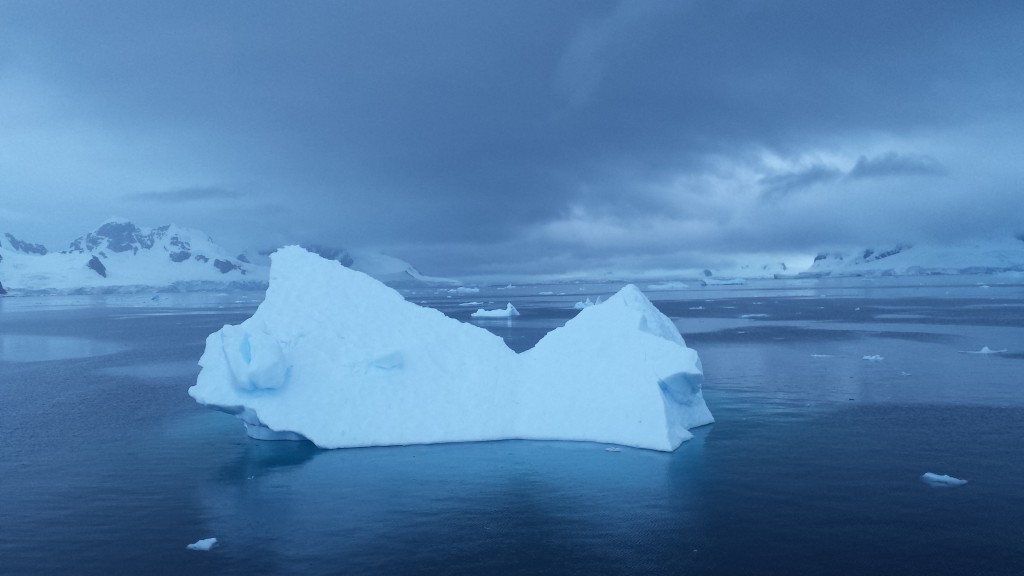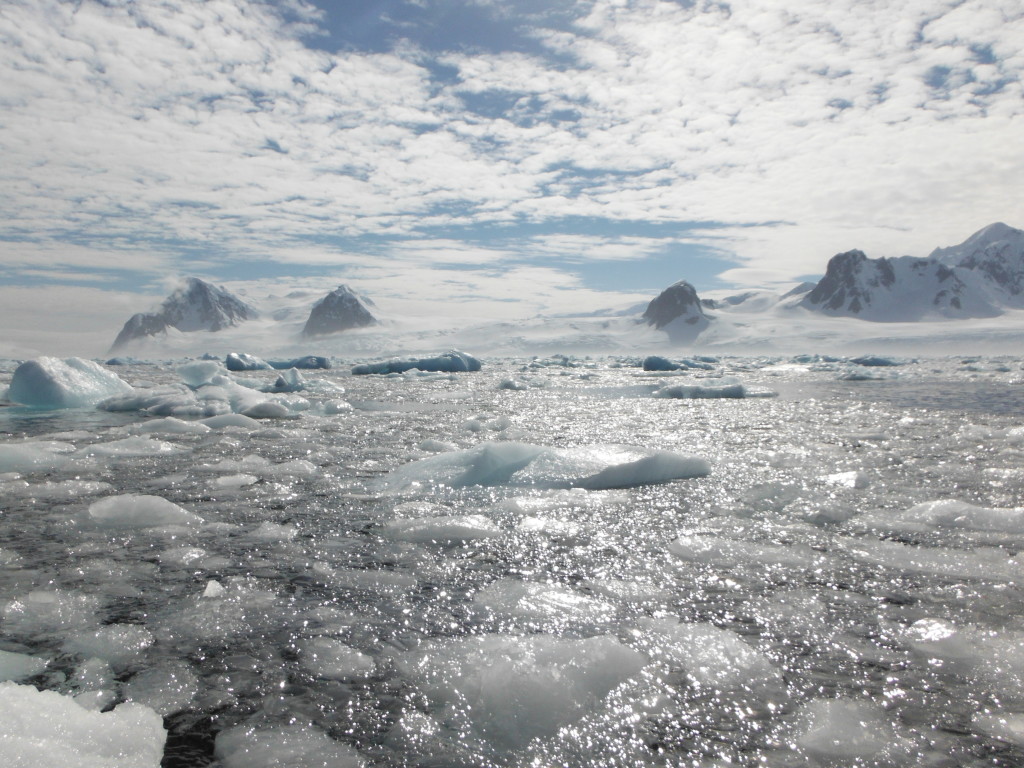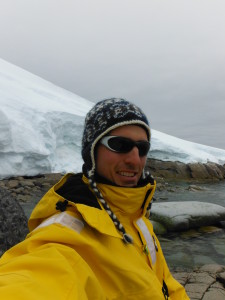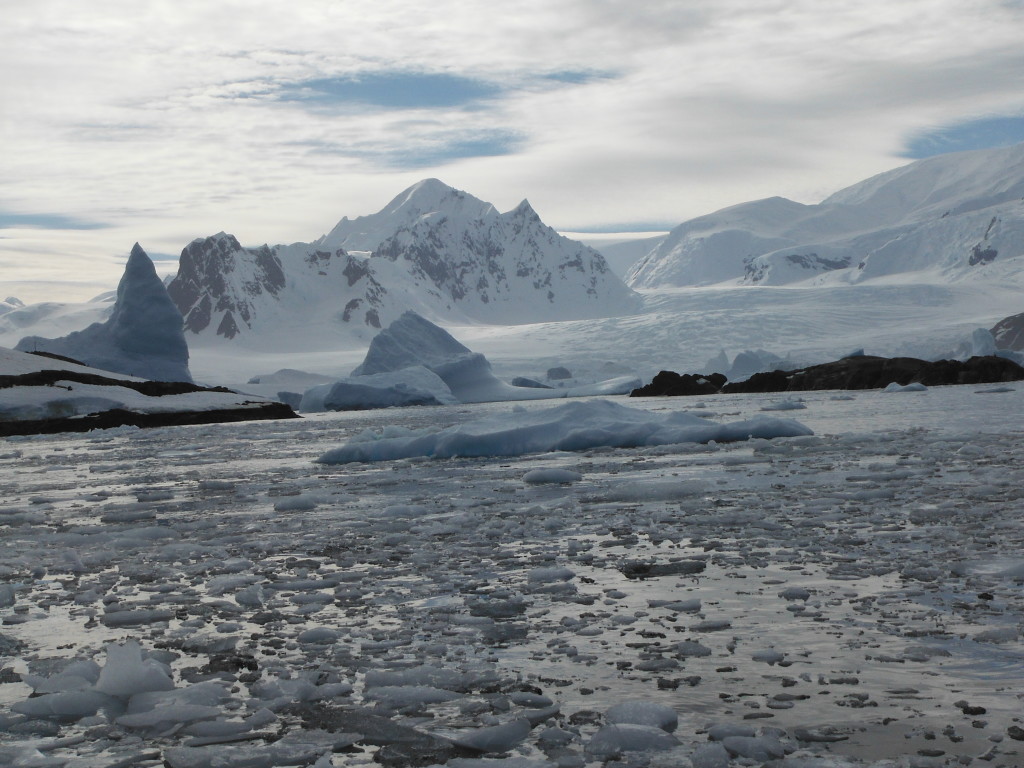The Jewish day starts at night and finishes the next night. The question is, when exactly does the night begin? Does one day end at sunset and lead into the next, or does the new day begin only once the stars have come out – or perhaps at some point in between?
The Jewish Sabbath commences Friday at sunset and finishes Saturday at nightfall making roughly a twenty-five hour cycle. The Sabbath begins at sunset which is the earliest time we can recognize one day to have finished and the next day to have begun. The Sabbath ends, when the stars have come out because this is the latest point that we can say one day has ended and a new day has begun.
Before I left to Antarctica, I was concerned when would there be a sunset. It is often thought that during the summer in Antarctica, the sun does not set and during the winter the sun does not rise. This however is only true at the actual south pole and perhaps only for a short period of time. Outside of this, during the summer, the sun will dip below the horizon be it for a few minutes or hours etc. It may not get completely dark, but by the sun setting a new day is marked.
Some of The Rabbis of long ago, talk about lands where the sun does not set or rise for a period of time. They knew that such places existed and they debated over when the Sabbath would be observed. There are various opinions of what to do in these circumstances and a Rabbi should be consulted as what to do.
For me it was not an issue. Where we were Friday night there was a sunset. It was around 10.30pm and Shabbat was over at around 11.30pm. Because the boat was moving, I checked with the captain who was able to give the correct times depending on our given location at the moment.
One challenge was not being able to camp in Antarctica. There were thirty camping spots available and more than sixty people who wanted them. The camping spots were raffled off. I won a place and held on to it in hope that the camping excursion would not be on Friday or Saturday night. It ended up on Friday, so I gave away my place. The actual camping would not be an issue; the problem would be getting on to the boat on Saturday morning. According to Halacha it is permissible to be on a ship over Shabbat, but not to get on or off.
Perhaps on my next trip to Antarctica I’ll be able to camp.
Read More


